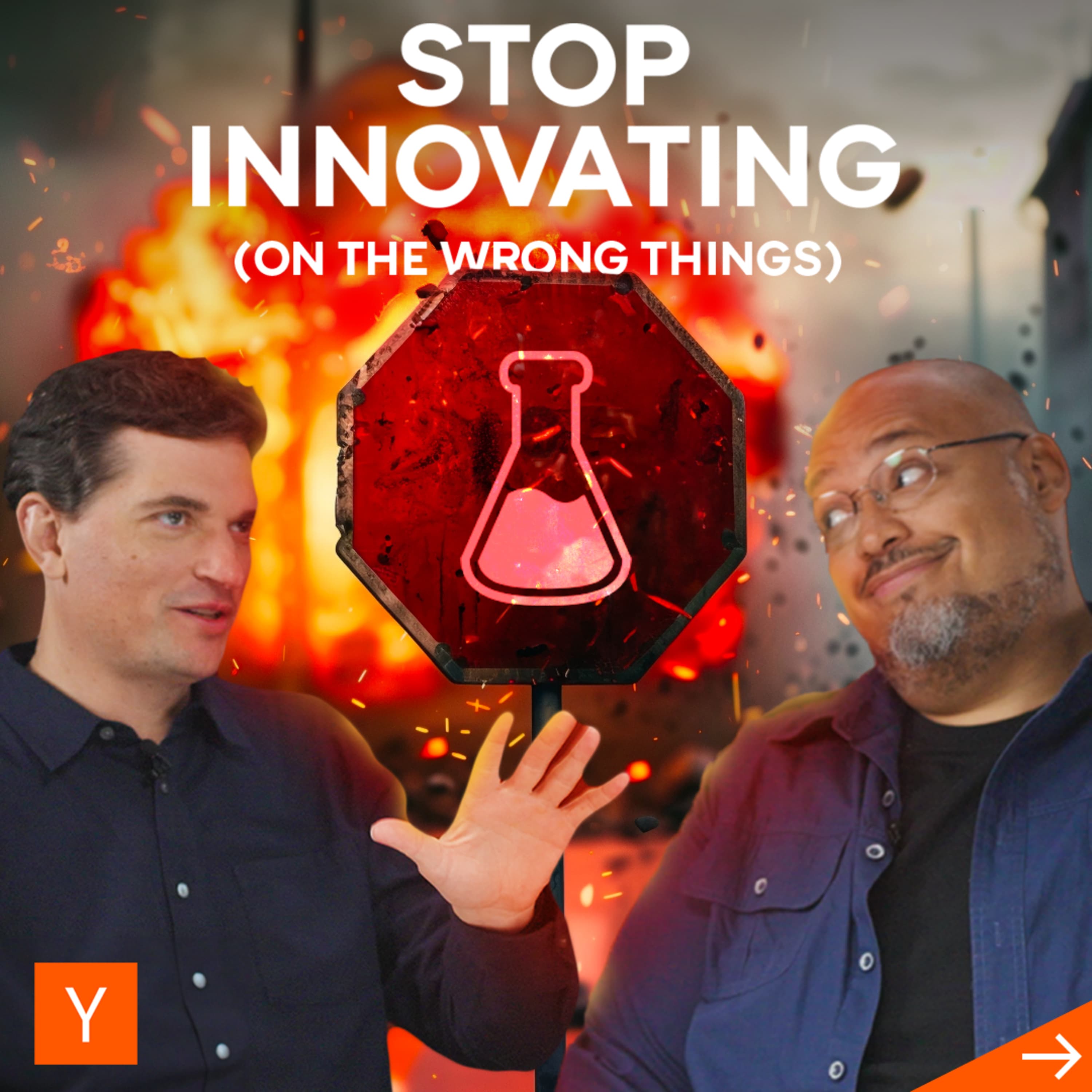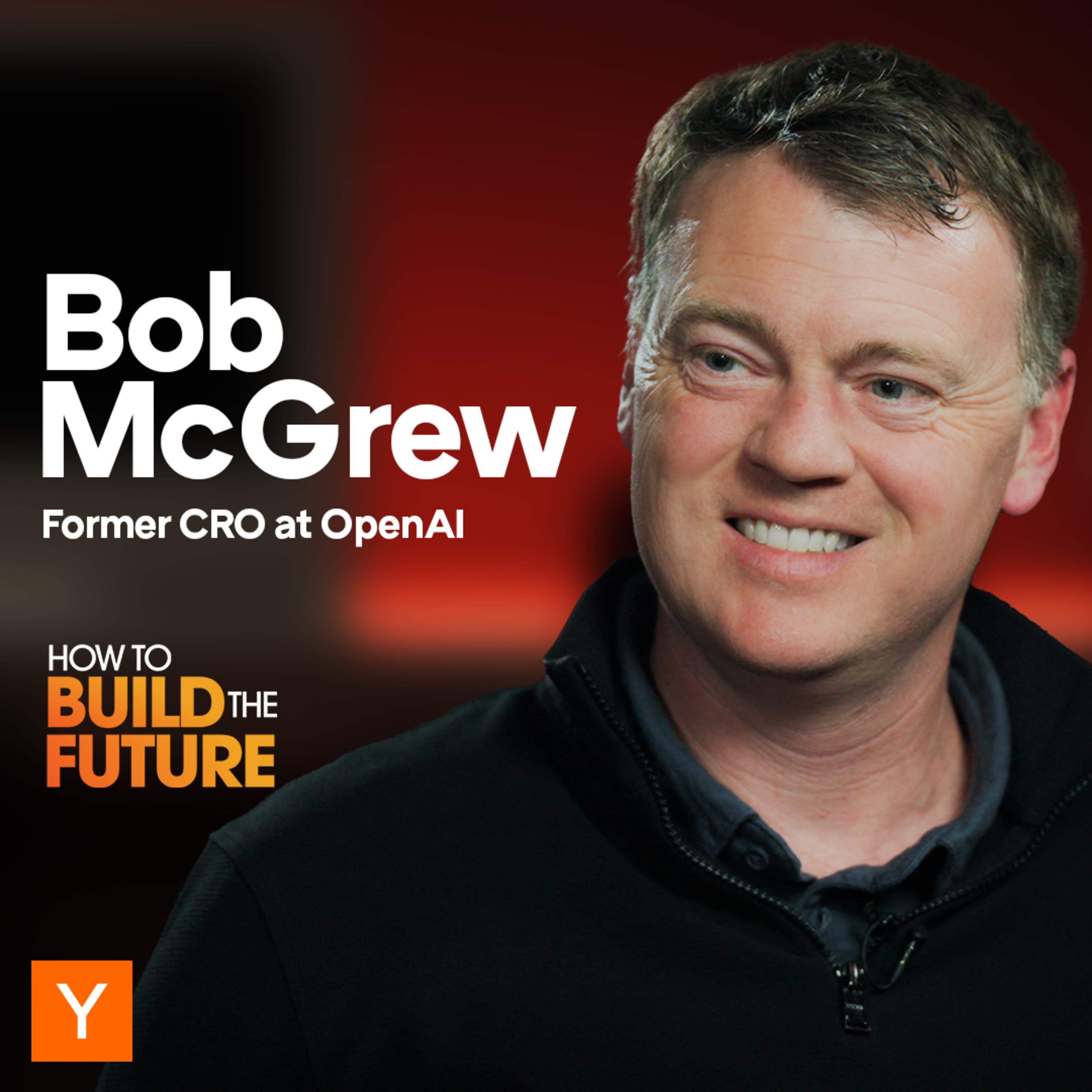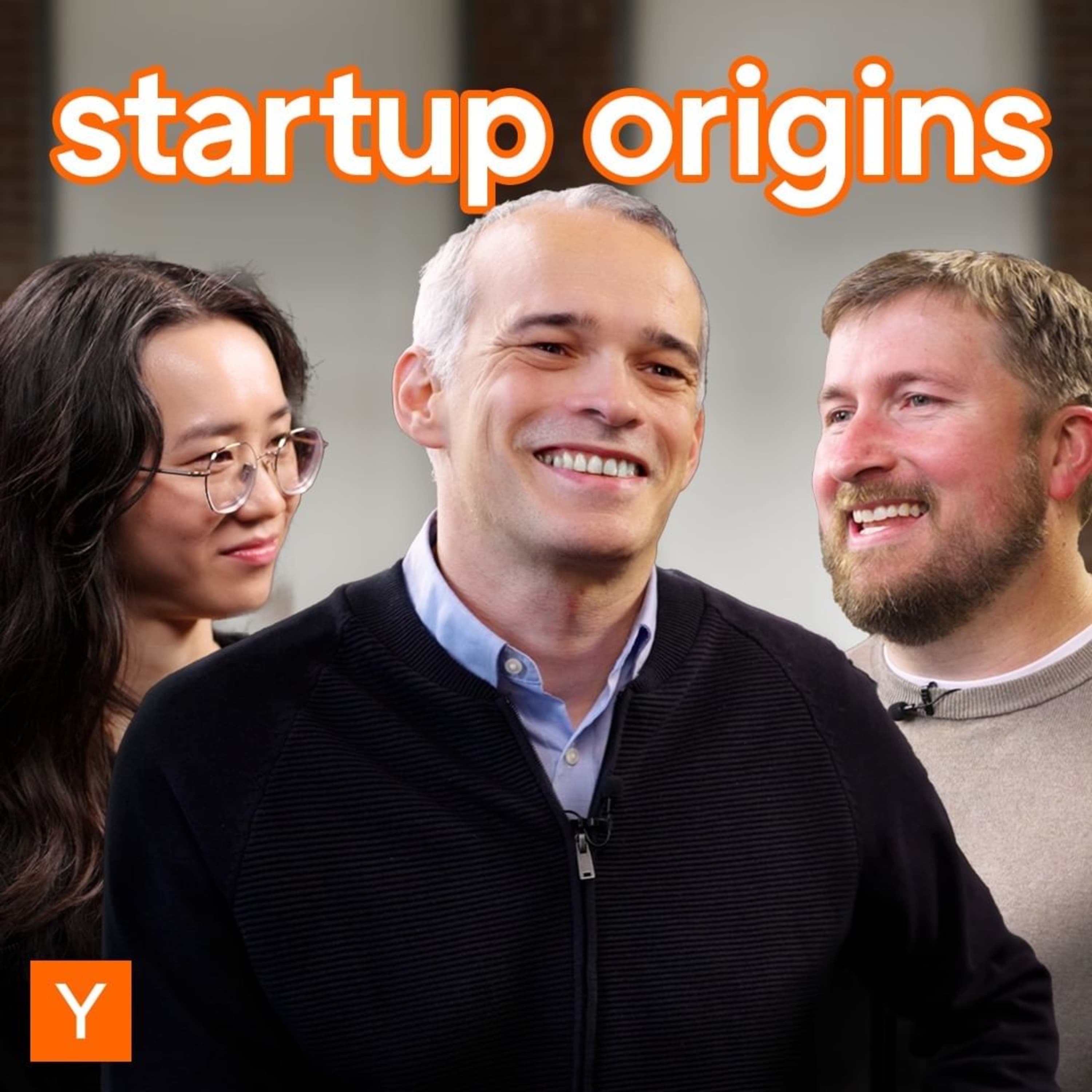
December 18, 2024
Stop Innovating (On The Wrong Things) | Dalton & Michael Podcast
The role of innovation in startups, focusing on the importance of directing innovation efforts towards solving real customer problems and achieving product-market fit. The post will also highlight the potential pitfalls of unnecessary innovation and the risks of deviating from established best practices.
In the latest episode of Dalton Caldwell and Michael Seibel's podcast, the duo dives deep into the often misunderstood realm of innovation within startups. The conversation, peppered with humor and candid insights, unravels the double-edged nature of innovation. While the allure of groundbreaking ideas can be tempting, Dalton and Michael caution against spreading "innovation juice" too thinly across every aspect of a startup.
The Misguided Application of Innovation
Dalton kicks off the discussion by highlighting a common pitfall: the belief that innovation must touch every corner of a business. He humorously refers to this as the misguided application of "innovation juice," a term he uses to describe the energy founders often waste on unnecessary innovations. Michael echoes this sentiment, emphasizing that startups should focus their efforts on the "miracle" of creating something people truly want.
"The odds that you are going to be able to perform five miracles at once is much, much, much lower," he quips, driving home the point that success lies in solving real customer problems, not in reinventing the wheel.
The Allure and Risks of Contrarian Approaches
The conversation takes an interesting turn as they discuss the peculiar obsession some founders have with contrarian approaches. Michael shares anecdotes about founders who insist on setting up their startups in unconventional locations or adopting bizarre corporate structures, like incorporating as a Wyoming LLC.
"This is a voluntary red flag," he remarks, questioning why anyone would choose to innovate in areas that don't directly benefit the customer.
Adhering to Best Practices
Dalton and Michael also touch on the dangers of ignoring tried-and-true practices. They recount tales of startups that chose to innovate in areas like corporate governance or pricing models, only to find themselves alienating customers with confusing structures and incomprehensible pricing pages. Michael humorously describes these scenarios as inviting customers into a home only to "shoot them in the leg" or present them with a door they can't open.
Customer-first Approach
The duo's conversation is a reminder that while innovation is the lifeblood of the startup world, it must be wielded wisely. They advocate for a customer-first approach, urging founders to focus on delivering value and solving genuine problems before venturing into uncharted territories.
"Let's get one successful startup out of the way," Michael suggests, "and then I can make programming languages, hire people all around the world, and build rockets."
In essence, this episode is a candid exploration of the fine line between necessary innovation and frivolous experimentation. Dalton and Michael's insights serve as a valuable guide for founders navigating the complex landscape of startup innovation, reminding them to channel their creative energies where it truly counts.
Key References
In their discussion, Dalton and Michael referred to certain scenarios and examples to illustrate their points. They mentioned the corporate structure of OpenAI as a cautionary example of unnecessary complexity. They also made a historical reference to the Reddit versus Digg wars, illustrating the dangers of high-risk technical choices.
Key Takeaways
The conversation concludes with a few key takeaways for startup founders:
- Focus innovation efforts on solving real customer problems.
- Adhere to best practices in areas like corporate governance and business models.
- Avoid unnecessary complexity and risk in non-critical areas of the business.
This episode serves as a practical guide for startups, emphasizing the importance of focusing on customers' needs and avoiding unnecessary complexities in startup operations.

How To Build The AGI Future: Bob McGrew
Dive into Bob McGrew's journey at OpenAI, exploring his involvement in groundbreaking projects such as teaching a robot hand to solve a Rubik's Cube and developing large language models like GPT.

How Do Billion Dollar Startups Start? | Office Hours
A deep dive into startups' journey from humble beginnings to billion-dollar companies. The post covers various stages of a startup's life, including the early days, the battle for survival, the art of pivoting, the role of visionary founders, and the quest for product-market fit.